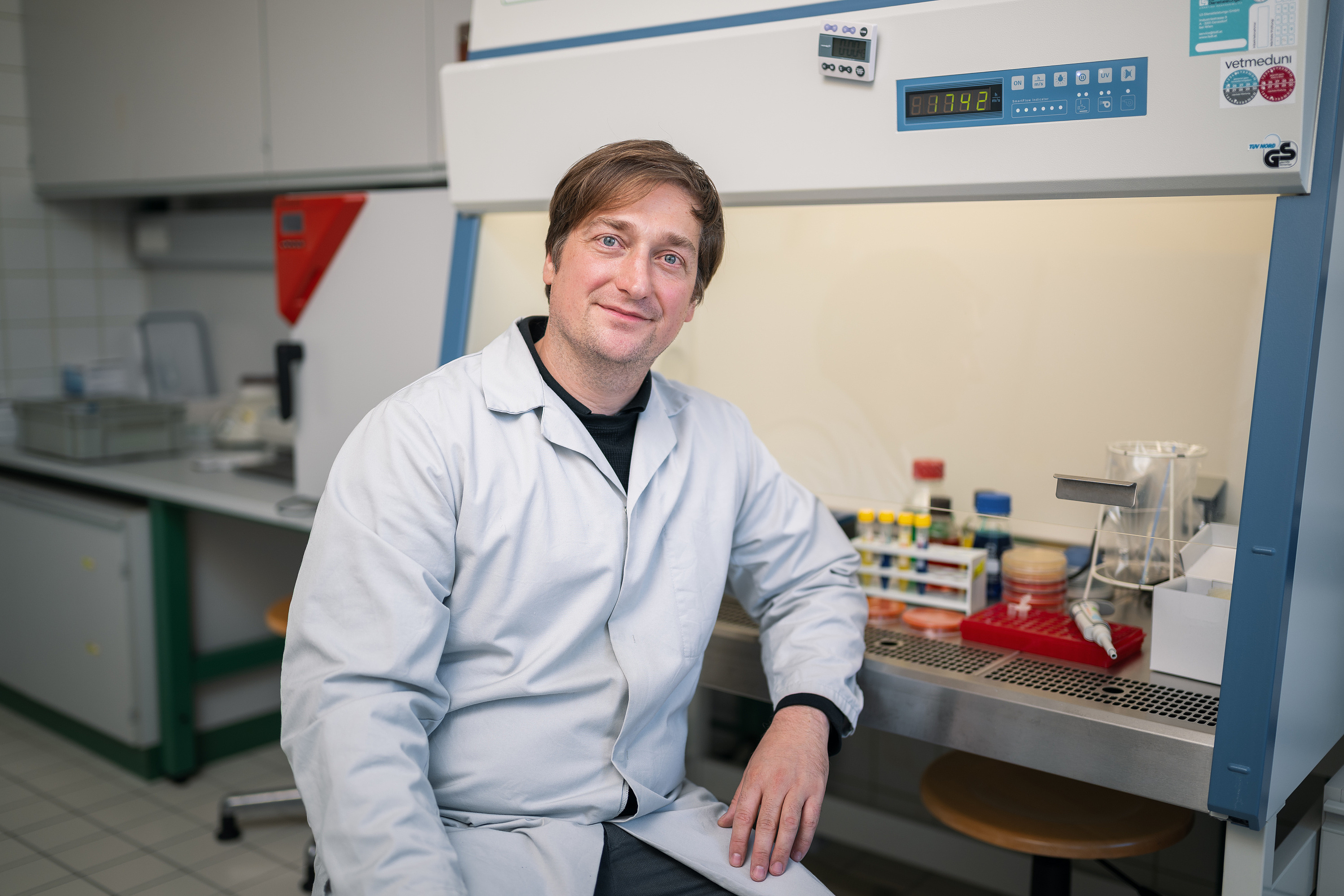CD Laboratory for Detection and Reduction of Dormant bacteria
Head of research unit
Commercial Partner
Duration
Thematic Cluster


This CD Laboratory researches bacteria that are in a highly resistant dormant state and are difficult to detect from a hygiene perspective. The research is aimed at improving food safety and public health.
Bacterial and viral infections are significant causes of increased morbidity and mortality worldwide. Microbes can be spread via various vectors or carriers, with food being one of the most important vehicles. Despite progress in the fight against foodborne diseases, the WHO estimates that millions of people in Europe alone fall ill and thousands of deaths are attributable to the consumption of unsafe food. Salmonella spp, Campylobacter spp, Listeria (L.) monocytogenes, norovirus and hepatitis A virus are well-known examples of foodborne infections that are also common in Europe.
To date, the vast majority of routine testing systems for foodborne pathogens are based on traditional microbiological methods such as selective enrichment and selective plating, with subsequent identification using molecular methods. The requirement for a selective enrichment step means that only cells that are able to replicate can be detected.
However, bacteria have developed mechanisms to switch from a vegetative to a metabolically less active but highly resistant dormant state, known as the viable but non-culturable (VBNC) state. In this state, the bacteria cannot be cultivated on routine media and, thanks to their increased resistance to antibiotics and biocides, can survive in sensitive environments such as food production. Due to the potential risk that pathogenic bacteria pose to human health, it is necessary to achieve a better understanding of the VBNC state. The CD Laboratory for the Detection and Reduction of Dormant Bacteria (CD-DeReD) aims to gain a mechanistic understanding of the VBNC state and apply this knowledge to address the challenges posed by bacteria in this dormant state.
The project will focus on cellular and molecular processes related to entering, maintaining and exiting the VBNC state, as well as the unique highly resistant phenotype of VBNC bacteria. In addition, the project will develop analytical methods to detect and study VBNCs, investigate the occurrence of VBNCs in food production and develop effective strategies to reduce VBNC contamination. The overall aim is to increase food safety and thus improve public health.

Christian Doppler Forschungsgesellschaft
Boltzmanngasse 20/1/3 | 1090 Wien | Tel: +43 1 5042205 | Fax: +43 1 5042205-20 | office@cdg.ac.at

